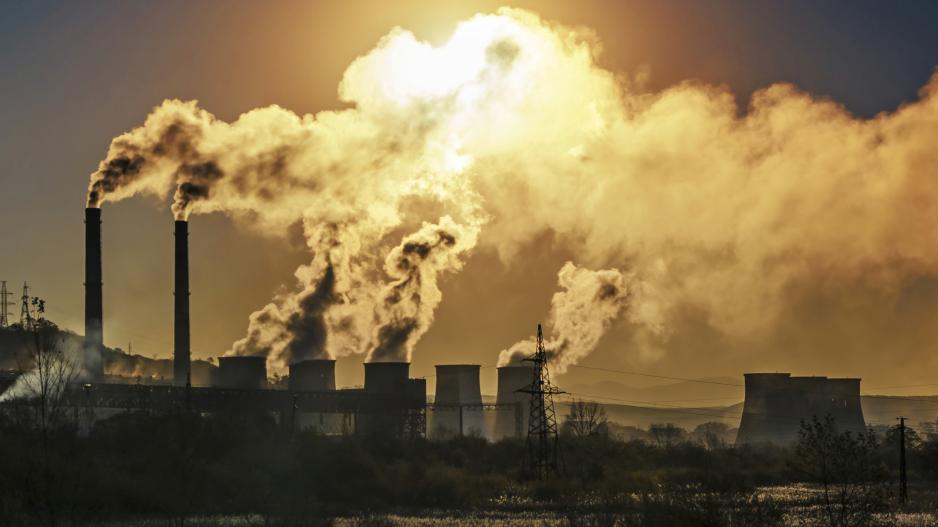Record Greenhouse Gas Levels Trigger UN Alarm for Rising Temperatures
UN Warns of Consequences from Rising Greenhouse Gas Emissions
The concentration of greenhouse gases in the atmosphere reached a record level in 2023, inevitably leading to rising temperatures in the coming years, the UN warned yesterday.
The levels of the three main greenhouse gases contributing to global warming—carbon dioxide (CO2), methane (CH4), and nitrous oxide (N2O)—increased last year, according to the World Meteorological Organization (WMO).
The UN agency noted that CO2 is accumulating in the atmosphere faster than ever, with rates increasing by more than 10% over the past two decades. "Another year, another record. This should sound an alarm for decision-makers. It is clear that we are falling short of the Paris Agreement goals," said Celeste Saulo, WMO Secretary-General.
According to the Paris Agreement, governments should take measures to limit the rise in global temperatures to less than 2°C above pre-industrial levels.
The WMO's annual report on greenhouse gases was released just days before COP29, the UN Climate Change Conference, scheduled to take place from November 11 to 22 in Baku, Azerbaijan. As long as emissions continue, greenhouse gases will keep accumulating in the atmosphere, raising global temperatures, the WMO emphasized.
In 2023, global surface temperatures on land and sea were reported as "the highest recorded since 1850." Given the long lifespan of CO2 in the atmosphere, current temperature levels will persist for decades, even if greenhouse gas emissions are rapidly reduced to zero. "CO2 is accumulating in the atmosphere faster than at any other time in human history," the WMO warned.
The Earth experienced similar high CO2 concentrations 3 to 5 million years ago, when temperatures were 2 to 3 degrees Celsius higher and sea levels were 10 to 20 meters above current levels.
Almost half of CO2 emissions remain in the atmosphere, while the rest are absorbed by ecosystems. However, today "we are facing a potential vicious cycle," warned Ms. Barrett, WMO Deputy Secretary-General. Climate change could "lead ecosystems to become the largest producers of greenhouse gases," she stressed.
Wildfires may release more carbon dioxide into the atmosphere, while warmer oceans are likely to absorb less CO2. Consequently, more CO2 may remain in the atmosphere, accelerating global warming.






